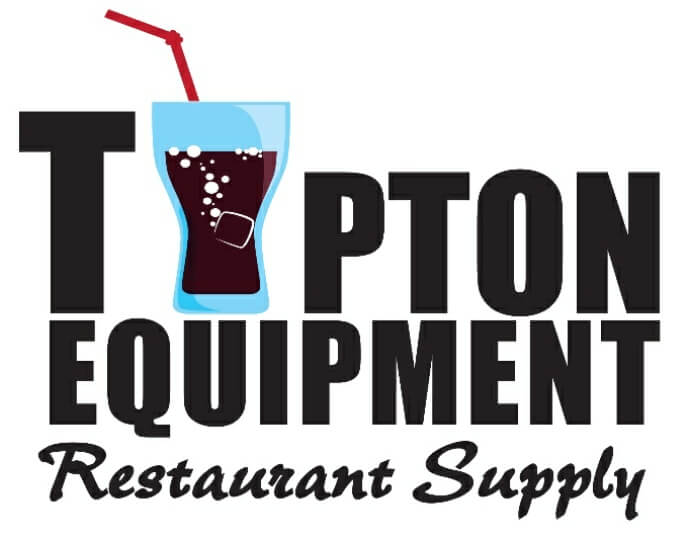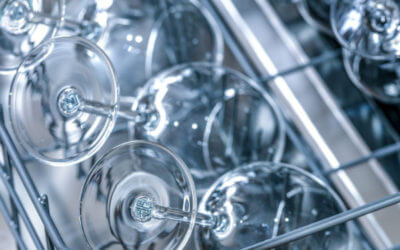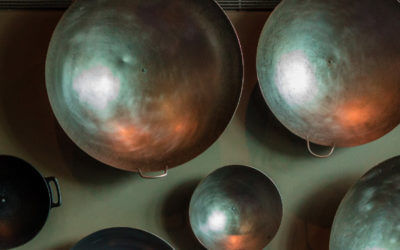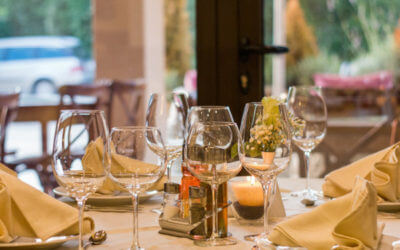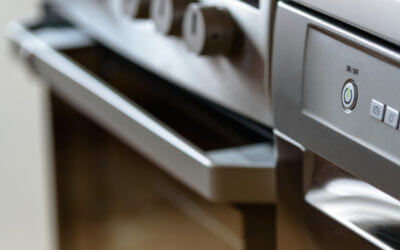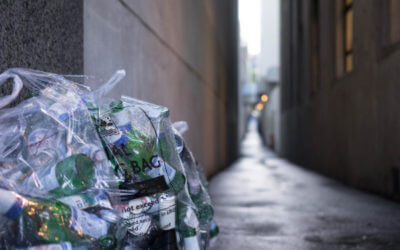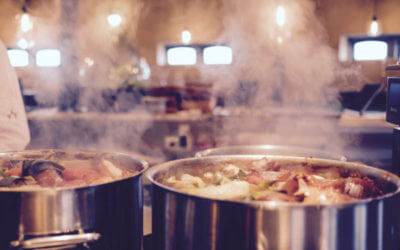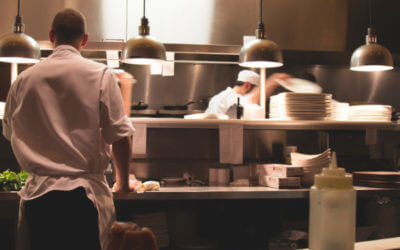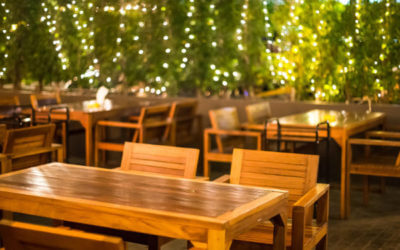Cooking Equipment Disasters You Can Avoid
August 29, 2019Cooking equipment disasters you can avoid through proper safety procedure and careful proceeding.
Kitchens are the heart of the home, but they’re also home to a lot of cooking equipment that can pose safety hazards. Cooking fires top the list of things that can go wrong in the kitchen followed by injuries from knives, cookware, food processors, microwaves, and blenders. Fires related to cooking peak over the holidays—Thanksgiving has three times the average cooking-related fires.
Keep an Eye on Your Cooking Equipment
Fires involving cooking equipment account for two of every five reported home fires. Unattended cooking equipment accounts for one in three fires, and half are ignited by fat, grease, oil, or related substances, according to the National Fire Protection Association. If you spend a lot of time in the kitchen, take a minute to bone up on these safety tips to avoid accidents.
Stay in the kitchen when you are frying, grilling, or broiling.
If you are simmering, baking or roasting, remain at home and check the food often. Set the timer as a reminder.
Keep anything that can catch fire—potholders, towels, food packaging—away from the stovetop.
Always keep a lid nearby to smother small grease fires by sliding the cover over the pan and turning off the burner.
If a fire starts in the oven, turn it off and leave the door closed.
If the fire gets out of hand, leave the house and call 911.
Keep a fire extinguisher with a minimum 5-B:C rating on hand.
Safety Tips for Dangerous Cooking Equipment
One of the great dangers in the kitchen are those blades of honed steel created to slice through produce and flesh: your kitchen knives. There are too many tips for listing here; there are whole classes dedicated to knife safety. But with some basics in mind and a review of more comprehensive knife safety guidelines, you can lessen your risk of injuring yourself or ditching a digit.
Always use sharp knives.
Do not hold food in your hand while you cut it.
Always cut on the cutting board. (Use a non-slip one or place a damp dishtowel beneath it to prevent it from slipping.)
Always keep fingers on top of the blade in case it moves.
Keep knife handles free of grease or other slippery substances.
Keep knives away from the edge of the counter to lessen the chance of being knocked off.
Never try to catch a falling knife!
Wash knives immediately after use. Do not leave knives in a sink of soapy water where they cannot be seen. Keep the sharp edge of the blade away from you when washing.
Whether it’s fire, knives or blenders, be mindful with your cooking equipment to spare yourself a trip to the emergency room.
Don’t Buy a Commercial Refrigerator Before Considering These 4 Things
A commercial refrigerator is an equipment staple of every restaurant. There are several things to consider when acquiring a commercial refrigerator for your kitchen. When searching for the correct type of unit, here are four things to consider to help you choose the...
5 Ways to Get the Most out of Your Dishwasher
Dishwashers are an incredibly helpful timesaver, and in the fast-paced restaurant industry, staff and managers are desperate for even a small amount of extra time. Although simply putting dishes into a machine seems simple, if your dishwasher is not well-maintained...
How to Keep Having Fun while Running your Restaurant
Restaurant owners typically have a passion for cuisine. Opening and running a restaurant is exciting, providing the opportunity to fully explore and develop your vision. However, if you have been in the restaurant business for any length of time, you know that it is...
3 Great Reasons to Maintain Your Restaurant Equipment
As the owner of a restaurant, you want a healthy and clean business. In the hustle of everyday restaurant management, it can be easy to forget to take care of issues that don’t seem as pressing as the customer complaining that they got the wrong order or that their...
Avoid Surprises During an Appraisal of Your Restaurant Equipment
When it comes to time for your restaurant equipment to be appraised, confusion can set in. For the purpose of the appraisal, personal goods are given value, but goods that are classified as ‘real goods’ are considered part of the real estate or the building structure...
Essentials of Cleaning and Preventative Maintenance for Your Restaurant Equipment
When it comes to your restaurant equipment, regular cleaning and maintenance is essential for making sure your equipment lasts for years to come. And it isn’t simply a matter of making your food processors and commercial mixers more efficient. There are considerable...
3 Tips for Maintaining Your Commercial Oven
As a restaurant owner, buying a commercial oven is an enormous investment. You will desperately want this oven to work properly and you need to make sure it does. You are responsible for your restaurant business. But what if your commercial oven stops working on the...
5 Steps to Cutting Food Waste from Your Kitchen
Food waste is a problem around the world. Taking steps to prevent food waste in your kitchen doesn’t just make your restaurant more morally strong; it can also help you save money on ingredients and attract more customers. Here are some steps you can take to reduce...
Planning Your Equipment Needs When Your Restaurant is Expanding
Your restaurant is doing great, guests are coming in, and they’re spreading the word about the culinary masterpieces your restaurant offers, as well as the exceptional service that is provided by the kitchen equipment and staff. But with all the new business, you’ve...
How to Keep Cool in the Restaurant Kitchen
Being in the kitchen, it’s hard not to feel overheated, especially during the summer. The heat of the stoves and ovens will quickly make the restaurant kitchen somewhere you don’t want to be. How do you keep cool in the kitchen? We have brought together some of the...
How and Why to Make Your Restaurant Lead-Free
If you own a restaurant, then you already know how important water is to your operations, and that poor water quality can adversely impact the success of your business. That is why you should ensure a restaurant lead-free environment. Water is an integral part of all...
Can You Handle These 5 Types of Difficult Restaurant Customers?
No matter how much you love it, running a restaurant certainly has its challenges. It is time-consuming, hectic, labor-intensive and competitive. And to cap it all, there are the difficult restaurant customers you often have to deal with. It’s impossible to please...
5 Unique Restaurant Concepts Guaranteed to Thrill Diners
With restaurants on almost every block, having a unique restaurant concept can help set you apart, making your establishment stand out. These concepts may have taken a bit to catch on, but they have quickly become popular sellers. Here are 5 unique restaurant concepts...
How to Run an Energy-Efficient Restaurant
You probably don’t need to be reminded of the high cost of electricity in running a restaurant compared to an energy-efficient restaurant. Right now, many establishments, including restaurants, are going green and adopting eco-friendly strategies to conserve...
Tipping: A Restaurant Controversy
When it comes to tipping or no-tipping policies in restaurants, there are strong feelings on both sides. While many restaurants have implemented no tipping policies, others are strong proponents for tipping. Still others aren’t sure which policy is right for their...
